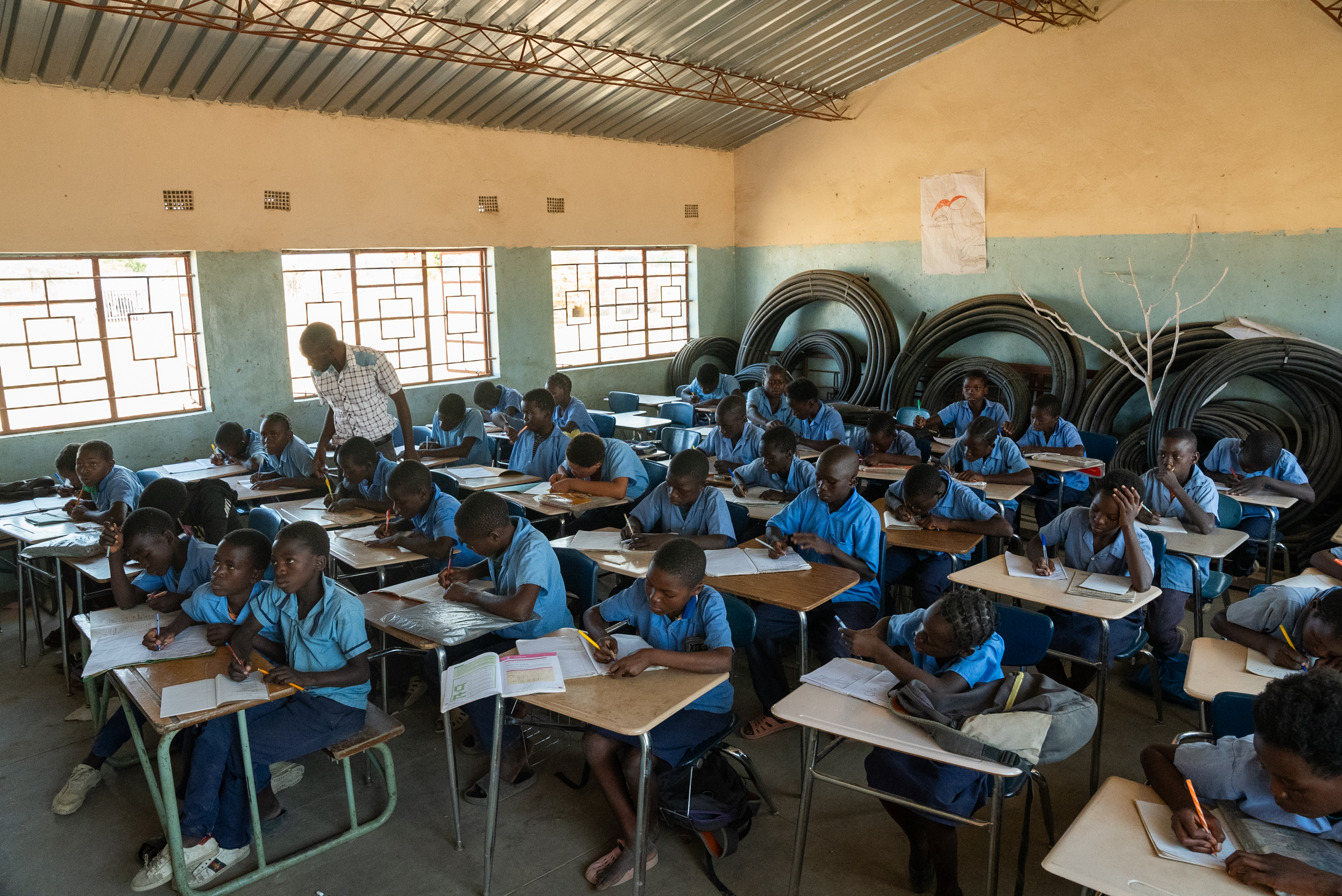Context
Sierra Leone has made significant strides in increasing school enrollment through initiatives like the Free Quality School Education (FQSE) policy. However, challenges persist in ensuring quality education, particularly in foundational literacy and numeracy skills. Many students, especially those in marginalized communities, struggle with basic reading and arithmetic, hindering their overall educational progression. Factors contributing to this include limited resources, inadequate teacher training, and insufficient accountability mechanisms within the education system.
Solution Design
The Sierra Leone Education Innovation Challenge (SLEIC) adopts an innovative outcomes-based financing model aimed at improving foundational literacy and numeracy across 325 public primary schools. Launched in 2022 with a three-year, $18 million investment, the program ties payments to implementing partners—such as Save the Children, EducAid, and Rising Academy Network—to the achievement of specific learning outcomes rather than traditional input-based metrics. This model incentivizes organizations to adopt flexible, adaptive strategies tailored to local contexts and the individual needs of students. A critical component of the design is the strong emphasis on inclusivity, with a particular focus on enhancing education outcomes for girls and marginalized groups. SLEIC also embeds a rigorous evaluation framework through randomized control trials (RCTs) to systematically measure effectiveness, creating a feedback loop for continuous improvement. Furthermore, by establishing a standardized price cap per child, the initiative deliberately sets the groundwork for future scalability and easier integration into national education financing mechanisms.
Potential Impact
SLEIC has the potential to drive transformative change in Sierra Leone’s education sector by shifting the focus from access alone to tangible improvements in learning quality. By incentivizing the achievement of measurable literacy and numeracy gains, the initiative is expected to equip 134,000 children with critical foundational skills, thereby enhancing their future learning and life prospects. The program promotes a culture of innovation and results-driven practice among education providers, leading to more responsive and contextually relevant teaching methods. In addition, the rigorous evaluation strategy provides robust evidence on what works, helping inform broader education policy and resource allocation decisions both within Sierra Leone and in comparable low-resource settings. Over time, the strengthened accountability mechanisms and the demonstration of scalable, cost-effective interventions can contribute to building a more resilient, equitable, and effective education system, with lessons that extend beyond the immediate pilot to national and even international education reform efforts.













